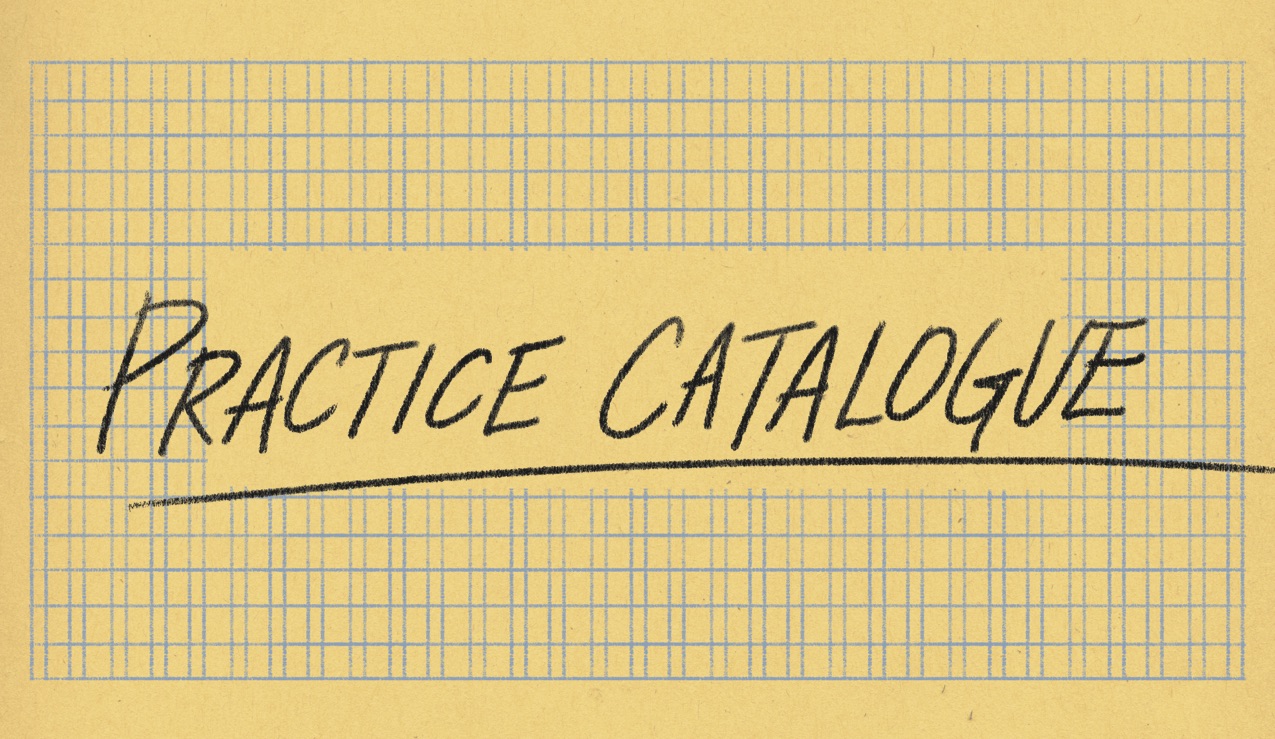Hilary Vaughn Dobel on Three Odysseys
The Odyssey was, like Ridley Scott’s Aliens, a story I first heard from my father. He described more than told it to me, listing the events and trusting them to my imagination: “First there was the Trojan horse, and then Odysseus left Troy and there was a whirlpool…” I listened as my father laid out the events while we folded laundry. He took liberties, embroidering and abridging as he saw fit. In this way, his telling was Homeric enough.
By the time I read the full text of The Odyssey in Robert Fagles’ translation in college, I felt like it had been with me my whole life. That first reading, however, is inextricable from its moment: the freedom and terror of living away from home mixed with the heady agonies of a crush that had me, at eighteen, melodramatically wandering campus at night in bare feet. Now Fagles’ Odyssey is steeped in my own prolific nostalgia; I revisit it yearly, a source of comfort and confirmation that aligns with what I had been told and grew, later, to tell myself.
Now I am a translator myself, well aware that quirks and biases become first tradition and then gospel, even as a text is carried over into English again and again. And for a work as ancient as The Odyssey, the permutations of the English language itself are visible alongside ideology. Translation is an exhaustive and exhausting succession of choices, both at the level of diction and syntax and the larger level of story. Gradations of intensity or inflection in English can make a woman in her defeat, for example, appear petulant, pitiful, or shrill. “Let the man go—if the almighty insists, commands— / and destroy himself on the barren salt sea!” cries Calypso in Fagles, when Zeus orders her to free Odysseus.
In the fall of 2017, on a long, homesick flight to see my parents, I began to read the latest English translation by Emily Wilson. In my mind, The Odyssey was a seagoing story—a succession of naval trials. In this new reading, I saw for the first time the importance of domesticity, the praise of hospitality. The way the stories were not one successive narrative, but in fact nested intricately, filtered through Odysseus’ voice as he told and retold them. In the Wilson, shorter lines—iambic pentameter, an analogue to the Greek dactylic hexameter—streamline the dialogue and restore some of Calypso’s composure: “So let him go, if that is Zeus’ order, / across the barren sea.” I like to imagine that, through translation, her dignity has resurfaced like stones at low tide: always-already there, but hidden or ignored.
Surely, age has affected my reception of Wilson’s translation: a disenchantment with the canon or a new understanding of what it means to journey home. In my reading of Wilson’s Odyssey, it is not the journey but the home that is exalted: a place that is familiar in every sense, where strangers and friends might be welcomed—and in that way, Wilson’s translation has more to do with the oral-retellings-over-laundry of the Odyssey of my childhood than with my nostalgic reading of the Fagles. It took a new translation—a familiar story in unfamiliar words—to make me see what I had missed. In English that is both tighter and less adorned, Wilson’s Odyssey is a new poem, and (Circe-like?) it turned me into a new reader.
I am not unique in my failure to notice how I imprint my own meaning on a work of art—it can happen so automatically as to be invisible. Wilson’s translation was a prism extruding new color from the white light of the original, and in doing so made me newly aware of what I bring to the text. The act of rereading forced me across the gap between my memory of the text and its material presence on the page. If the Fagles Odyssey was the smell of a library and my father’s retelling was an indelible sketch from a longed-for childhood, then Wilson’s is a wide, unbroken road to the sea.
[Hilary Vaughn Dobel is the translator of Juan José Saer’s The Clouds]
